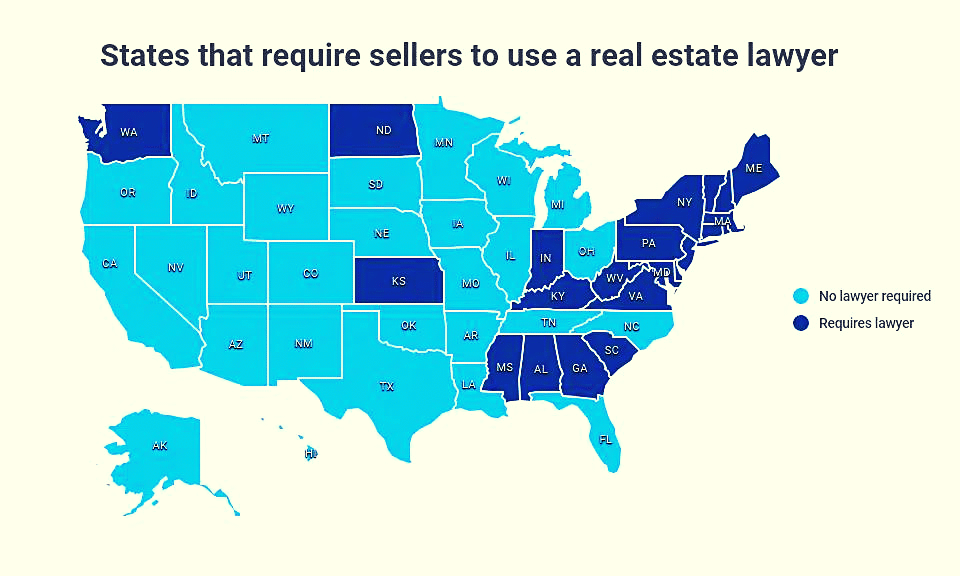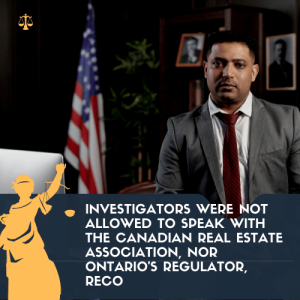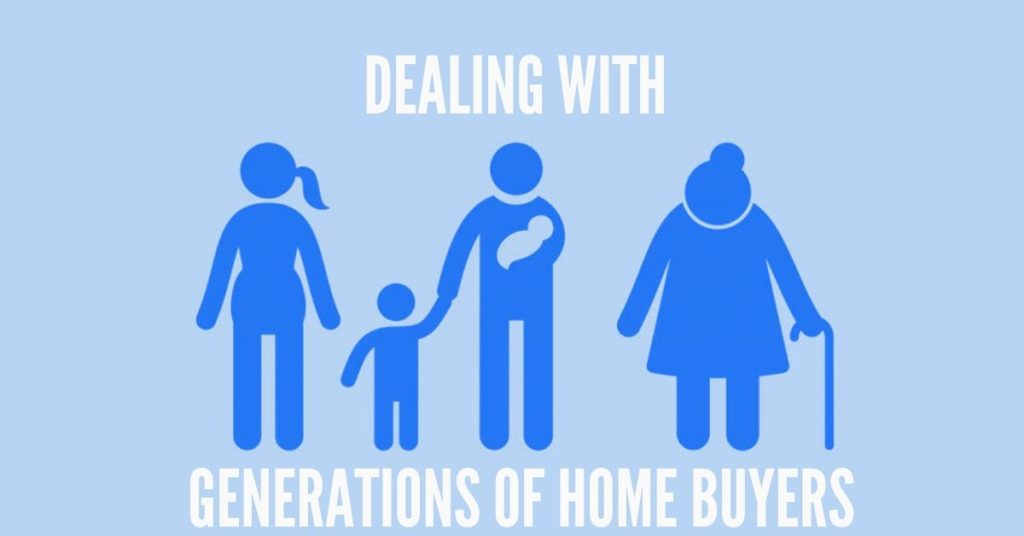How do HOAs Work?
HOA stands for homeowners association. It is an organization that establishes and enforces rules for maintaining subdivisions, neighborhoods, or buildings. The HOA charges a fee to members in order for them to maintain common areas and establish rules. Sometimes amenities are provided.
What is an HOA?
Condo associations and homeowner associations are usually run by directors elected by residents. The bylaws govern HOAs and provide guidelines for homeowners living in the area.
You can elect members of the board and request that rules be revised and amended as a homeowner in an HOA. You have the right to control what happens inside your home depending on which HOA it is. However, the HOA will oversee exterior maintenance and changes.
HOAs are legally allowed to charge special assessments, raise fees and enforce rules. HOAs can suspend common areas or take residents to court for breaking rules or failing to pay HOA fees, depending on the state laws.
HOA rules and services
An HOA’s main tasks are to manage the community and provide services for residents. They also enforce rules.
Maintenance services
HOAs usually take care of trash removal and lawn care in the common areas of a community. Although services may vary between HOAs, most repair common areas like the roof of condo buildings, fences, and streets.
Amenities
Some communities offer HOAs that include exclusive amenities such as a pool, a gym, or a coworking space. These amenities may increase HOA fees.
Insurance policies
HOAs often have insurance that covers liability and repairs to common areas. This could reduce the cost of residents’ insurance policies.
Establishing community rules
Residents living in a homeowners association have to agree to follow the rules of the community. These can include pet ownership, RV parking, and home-based business options.
HOAs may have rules regarding homeowner maintenance, such as the height of grass or exterior colors to keep the community cohesive. They also restrict your ability to rent your house to long-term or short-term tenants.

Types of HOAs
According to the Foundation for Community Association Research, more than 25% of Americans live within an HOA community. The following are common terms used in HOAs:
- Civic association. An informal association of neighbors that is not able to enforce rules or collect homeowner association dues.
- Condominium association. The board of a condo association is elected by the owners. They will oversee the common elements, including the exterior of the building, and the rules for the community. Maintenance and other services are subject to a monthly fee.
- Master association. Master associations are umbrella associations that cover multiple subdivisions or neighborhoods and manage common amenities like streets and recreational amenities.
- Cooperative association. Members of the co-op own shares in the building and pay a monthly maintenance and service fee. The building is owned by the association, which also pays property taxes.
- Association of townhouse owners. The association collects fees from homeowners to cover common area maintenance, such as trash collection. Homeowners are responsible only for their homes.
- HOA. An HOA is a board of volunteers elected by the owners to maintain and repair common areas. An HOA will also set and enforce rules.
HOA board vs. HOA administration
A community with HOA residents usually has an elected board consisting of volunteers who set rules and vote for community policies. Many HOAs also hire an HOA management firm to manage the community.
A third-party management company manages the day-to-day operations of the community, including the collection of HOA dues. Although the management company is not required to enforce policies or make decisions, the board can rely on the management company for advice.
Management companies can communicate with residents in order to address maintenance requests, remind them about decisions made by the property owners association, and send notices regarding late HOA fees.
What are HOA fees?
HOA fees pay for insurance, maintenance, and repairs of common areas, as well as services like trash collection. In some cases, they can even cover amenities like a gym. Particularly in high-cost areas, HOA fees can be in the hundreds or even higher for condos and co-ops.
It is important to evaluate the HOA fees when buying a house. This will help you decide if they are too expensive.
Homeowner association dues, unlike other costs associated with homeownership like your mortgage interest payment, are not deductible.
Is your mortgage subject to HOA fees?
No. HOA fees are paid directly to the homeowners associations rather than the lender. HOA fees are part of your housing cost and can impact the amount you can borrow to purchase a home.
The escrow account of your lender, which acts as a savings account and where you make a monthly payment for lump sum bills that are paid annually, semi-annually, or annually, usually includes your homeowners insurance premiums and property taxes, but not HOA dues.
According to the Consumer Financial Protection Bureau (CFPB), some lenders might agree to include HOA fees in your escrow if requested.
HOA fees can be paid monthly, quarterly, or annually. A special assessment may be required. This can be paid in one lump sum or in installments, depending on how large the assessment is. If the annual HOA fees amount to $2,400 for example, this may be how they are paid.
- Monthly- $200
- Quarterly- $600
- Annually- $2,400
What are the HOA fees?
HOA fees cover the operation of the community, such as snow removal and trash collection. Some exterior elements of the homes can also be maintained depending on the HOA type.
The HOA master policy can provide substantial coverage in certain communities and help lower homeowners insurance costs. Some HOA fees may include utility costs.
A portion of the HOA fees should go into a reserve fund to cover long-term projects or unexpected repairs. A special assessment could be applied to homeowners if an HOA does not have enough reserve funds to cover major expenses such as repaving a lot.
What happens if your HOA fees are not paid?
Your homeowners association may take several measures to make you pay your dues if you don’t pay them.
- Send a demand note for past-due fees
- Limit your use of amenities like parking or a gym.
- Offer a repayment plan.
- If you rent your home to tenants, demand that they pay their dues.
- File a small claims lawsuit.
- File a lien against your property.
- Pursue a foreclosure.
The pros and cons of joining an HOA community
Pros
- This may increase property value. An HOA community typically has rules to keep a community attractive, such as exterior appearance requirements and landscaping. The appeal of a community can be enhanced by amenities that help to preserve property values and maintain its value.
- Community amenities may be offered. Many homeowner associations offer residents access to walking trails, swimming pools, and fitness centers.
- May resolve disputes between neighbors. By establishing and maintaining rules like noise and pet regulations, a property owners association can reduce conflict between neighbors.
- Services may be offered by HOAs. Services such as snow removal, trash collection, and maintenance of common areas are covered depending on the HOA. HOA fees may include utilities and insurance.
Cons
- A special assessment may be required. A special assessment can be required if a homeowner has to undertake a major repair or project and the homeowners association does not have the funds.
- There may be high fees, which can go up. HOA fees can increase the cost of homeownership. They are often used to cover maintenance costs and other projects.
- You may be subject to restrictions. The rules of an HOA can include pet restrictions, business regulations, paint colors, and what you can put on your front doors. While some HOAs are strict about following rules, others may be more relaxed.
- If you don’t follow rules or pay fees, legal action may be taken. Unpaid HOA fees can be put on your property by a property owners association.
FAQs regarding HOAs and Mortgages
What are the HOA fees?
The HOA dues you pay will cover different items depending on where you live. It is important to understand exactly what your HOA dues cover, such as road maintenance and trash removal, or access to a gym.
Who enforces HOA rules?
A volunteer-elected board establishes rules and responsibilities for HOA residents. An HOA management company may be able to communicate with residents about violations.
What questions should I ask regarding how an HOA runs?
You, as a buyer, or homeowner, need to find out if there is a volunteer board or management company that runs the HOA community.
It is important to know if the homeowners association has any reserves for future expenses, how often dues can rise, and whether special assessments may be required.
Ask about insurance coverage, whether utilities are covered by fees, and who is responsible for the exterior maintenance of your property.
Is there a charge for HOA fees on my mortgage payment?
No. HOA fees are required to purchase a home in an HOA area. The fees are not included in your mortgage.
What legal powers does an HOA possess?
Your state’s laws may allow your HOA to enforce homeowners association rules or take legal action against you for not paying HOA fees.
The bottom line
A mixed blessing can be living in a planned community, which is governed by HOA rules. You have the opportunity to exchange some control of your home in return for a reduced responsibility for maintaining the area and the benefit of shared amenities and security.
You will need to be able to trade the varied appearance of your neighborhood for a uniform appearance and the work required.
These tradeoffs can make or break your happiness in a condo or planned and uniform community. Talk to a realtor before you make a decision to buy.

























